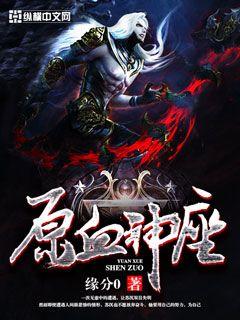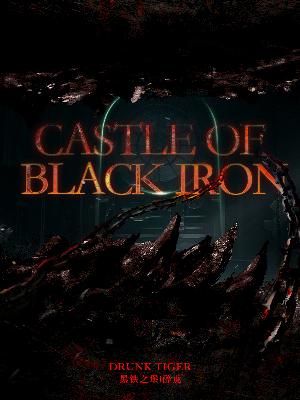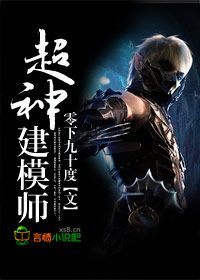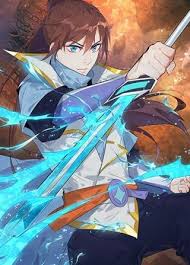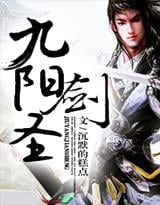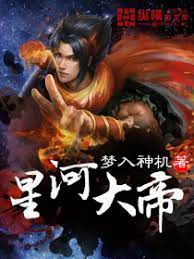The Story in 3 Sentences
A brilliant young heir, Su Chen, is cruelly blinded, thrusting him into darkness and forcing him to rely on intellect over brute force in a world obsessed with bloodline power.
He claws his way back, not just to sight but to supremacy, pioneering a revolutionary human-only cultivation path to defy the gods and beasts who rule his world.
His journey culminates in a cosmic struggle, reshaping the very foundations of power and destiny for all humankind, proving that true vision lies beyond the physical eye.
Why It Stands Out
1. The Architect of Human Destiny
This novel stands out for its core premise: a protagonist who doesn’t just seek personal power, but actively engineers a new future for his entire species. Su Chen’s mission to break humanity’s dependence on inherited beast bloodlines and forge a pure, self-reliant cultivation method is a fresh, ambitious take on the genre, turning personal struggle into a species-wide revolution.
2. The Calculated Ruthlessness
It stands out for its morally complex, hyper-intelligent protagonist. Su Chen is no noble hero; he is cold, pragmatic, and willing to commit terrible acts if he deems them necessary for his grand vision. This ambiguous moral compass, where he sets his own底线 (bottom line) while doing objectively evil things, creates a fascinating and often debated character dynamic rarely seen with such consistency.
3. Society Over Slaughter
The story distinguishes itself by focusing on the intricate, realistic politics of a noble-dominated world. Instead of simplistic peasant revolts, Su Chen navigates complex schemes, political sophistry, and societal structures. His victories often come from out-thinking entrenched power systems, making the narrative feel grounded and intellectually stimulating amidst the fantastical elements.
Characters That Leave a Mark
There’s Yan Wushuang – a cunning courtesan from the Spring Moon Brothel whose schemes and greed make her a dangerous, unpredictable player in Su Chen’s early life, adding layers of political intrigue and betrayal to his journey.
You’ll meet Gu Qingluo, who became Su Chen’s first true friend during his blindness and was the first face he saw upon regaining his sight, forging a deep, foundational bond that evolves as they navigate the treacherous world together.
And Zhu Xianyao? They’re the one who started as an enemy, possessing the Slyheart Demonic Emperor Bloodline, but whose strategic mind and willingness to use herself as collateral in a high-stakes deal ultimately drew her into Su Chen’s orbit and his revolutionary cause.
The Flaws Fans Debate
The final arc and ending feel rushed and awkward to many readers, failing to deliver a satisfying conclusion to the meticulously built-up narrative.
Several intriguing supporting characters introduced with great potential simply fade away or disappear from the story without proper resolution.
The treatment of later cultivation stages becomes inconsistent, with their significance and structure feeling less defined and impactful compared to the clear progression of the early levels.
Must-Experience Arcs
Ch. 1–100: The Blind Strategist’s Gambit – Witness Su Chen’s devastating loss of sight and his brilliant, ruthless adaptation, using intellect and hidden resources to survive and lay the groundwork for his human cultivation path within the Su Clan’s treacherous politics.
Ch. 300–600: Forging the Kaihuang’s Heaven – Follow Su Chen as he emerges as a major power, publicly unveiling his revolutionary cultivation manual, navigating dangerous alliances and betrayals with figures like Zhu Xianyao, and directly challenging the established bloodline order.
Ch. 900–1158: Ascension and the New Primordial Throne – Experience the climax as Su Chen confronts god-like entities and the fundamental laws of the universe, culminating in his ultimate sacrifice or transcendence to secure the future he envisioned for humanity, reshaping the cosmos itself.
Killer Quotes
“I will surpass this bloodline system and create humankind’s own cultivation method. In the future, humankind will not rely on bloodlines to cultivate.”
“The so-called God, is but merely a little bit stronger Arcanist.”
“Mn? The route to become the Emperor is a given? Nah, I still don’t want it.”
Cultural Impact
It sparked intense online debates among xianxia fans, particularly around Su Chen’s moral ambiguity and the novel’s unique take on cultivation systems.
The novel consistently ranked highly on platforms like NovelUpdates, holding an All-Time Rank of #178, indicating its significant and lasting popularity within the translated web novel community.
Its premise of a blind protagonist (even if temporary) and a human-centric revolution against divine beasts became notable talking points, inspiring fan theories and discussions across various forums and review sites.
Final Verdict
Start Here If You Want:
A genius, ruthless protagonist who out-thinks his way to the top.
A grand, revolutionary premise that redefines power structures in a fantasy world.
A story where political maneuvering and scientific cultivation research are as important as epic battles.
Study If You Love:
Complex, morally grey characters who challenge traditional hero archetypes.
World-building that explores societal structures and the politics of power in depth.
Narratives focused on systemic change and the creation of new knowledge, akin to a cultivation-world scientific revolution.
Avoid If You Prefer:
Clear-cut heroes and villains with unambiguous morality.
Fast-paced, action-heavy plots with minimal exposition or political intrigue.
Stories with neatly tied-up endings and consistent character arcs for every introduced figure.
